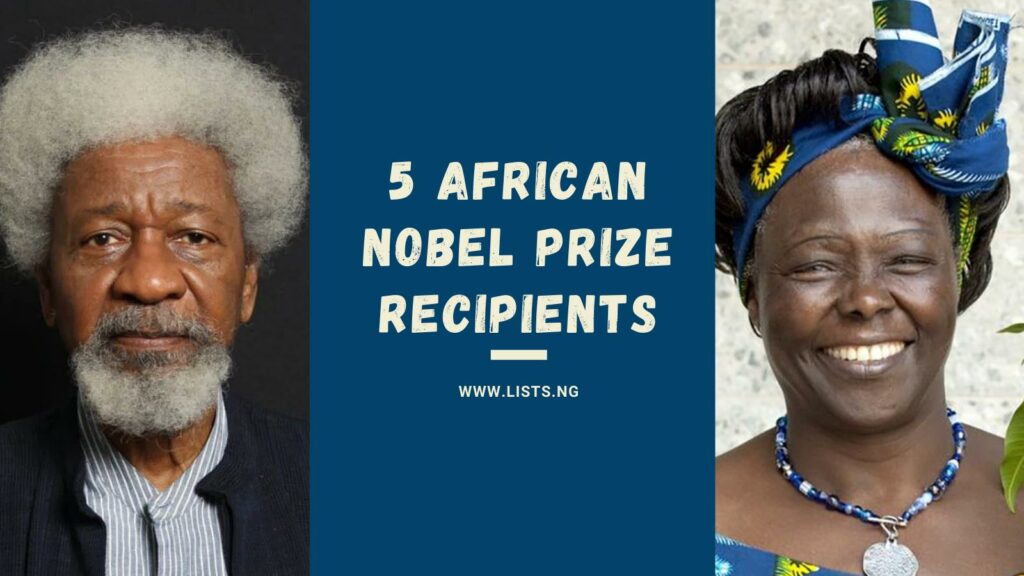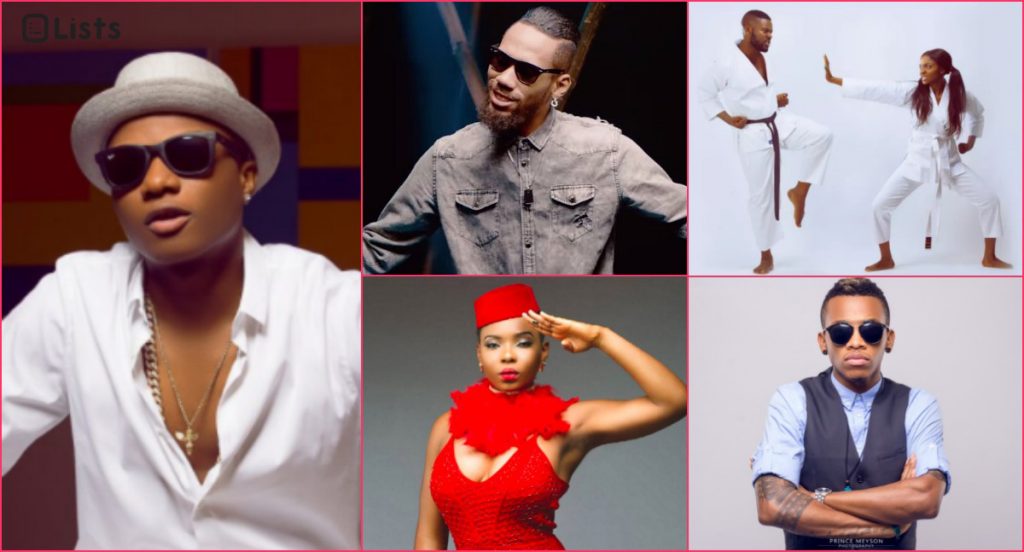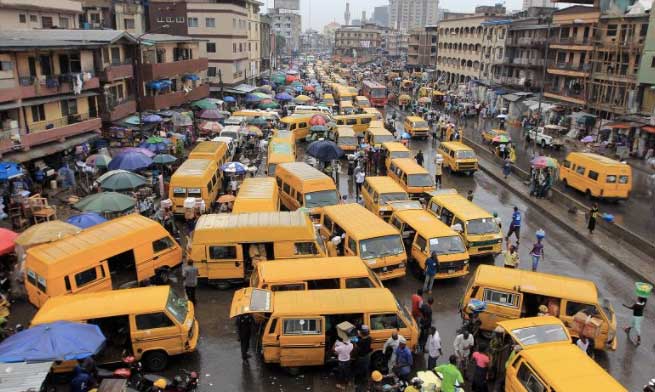The Nobel Prize is a set of annual international awards bestowed in several categories by Swedish and Norwegian institutions in recognition of academic, cultural, or scientific advances. The prizes were established in 1895, in accordance to the will of the Swedish chemist, engineer and industrialist Alfred Nobel. The Nobel prizes are widely regarded as the most prestigious awards available in their respective fields.
Since its creation, only 5 Africans have received the award, four of which were peace prizes. Below are the five recipients.
1. Albert Luthuli
Inkosi Albert John Luthuli, also known by his Zulu name Mvumbi, was a South African teacher, activist, Nobel Peace Prize winner, and politician. In 1952, Luthuli was elected president of the African National Congress (ANC), an umbrella organisation that led opposition to the white minority government in South Africa. He was awarded the 1960 Nobel Peace Prize for his role in the non-violent struggle against apartheid. He was the first person of African heritage to be awarded the Nobel Peace Prize.
2. Wole Soyinka

Akinwande Oluwole Babatunde Soyinka, known as Wole Soyinka, is a Nigerian playwright, poet and essayist. He was awarded the 1986 Nobel Prize in Literature, the first sub-Saharan African to be honoured in that category. Soyinka studied in both Nigeria and the United Kingdom and later worked with the Royal Court Theatre in London. He went on to write plays that were produced in both countries, in theatres and on radio. Soyinka is best known as a playwright, but his works also include poetry, novels, and essays. Soyinka’s works are also known to be rooted in his native Nigeria and the Yoruba culture, with its legends, tales, and traditions. Alongside his literary career, he has also worked as an actor and in theaters in Nigeria and Great Britain.
3. Nelson Mandela
Nelson Mandela was a South African anti-apartheid revolutionary, political leader and philanthropist as well as one of the most respected and recognised figures in the history. From 1994 to 1999, he served as the president of South Africa, and in doing so was the first black head of state and the first elected in a fully representative democratic election. His government focused on dismantling the legacy of apartheid by tackling institutionalised racism and fostering racial reconciliation. Mandela received more than 260 awards over 40 years, most notably the Nobel Peace Prize in 1993 for his peaceful demonstrations against the apartheid regime and leading South Africa into democracy. He is often referred to in South Africa as “Father of the Nation” and approximately 90 representatives of foreign states travelled to South Africa to attend his memorial events.
4. Koffi Annan
Kofi Atta Annan was a Ghanaian diplomat who served as the seventh Secretary-General of the United Nations from January 1997 to December 2006. Annan joined the UN in 1962, working for the World Health Organization’s Geneva office. He went on to work in several capacities at the UN Headquarters including serving as the Under-Secretary-General for peacekeeping between March 1992 and December 1996. He was appointed the Secretary-General on 13 December 1996 by the Security Council, and later confirmed by the General Assembly. Annan and the UN were the co-recipients of the 2001 Nobel Peace Prize.
5. Wangarĩ Maathai
Wangarĩ Muta Maathai was a renowned Kenyan social, environmental and political activist and the first African woman to win the Nobel Prize. She earned a Bachelor’s Degree at Mount St. Scholastica (Benedictine College) and a Master’s Degree at the University of Pittsburgh. She then went on to become the first woman in East and Central Africa to earn a PhD, at the University of Nairobi in Kenya. In 1977, Maathai founded the Green Belt Movement, an environmental non-governmental organization focused on the planting of trees, environmental conservation, and women’s rights.Wangarĩ Maathai was awarded the 2004 Nobel Peace Prize for her “contribution to sustainable development, democracy and peace.”



